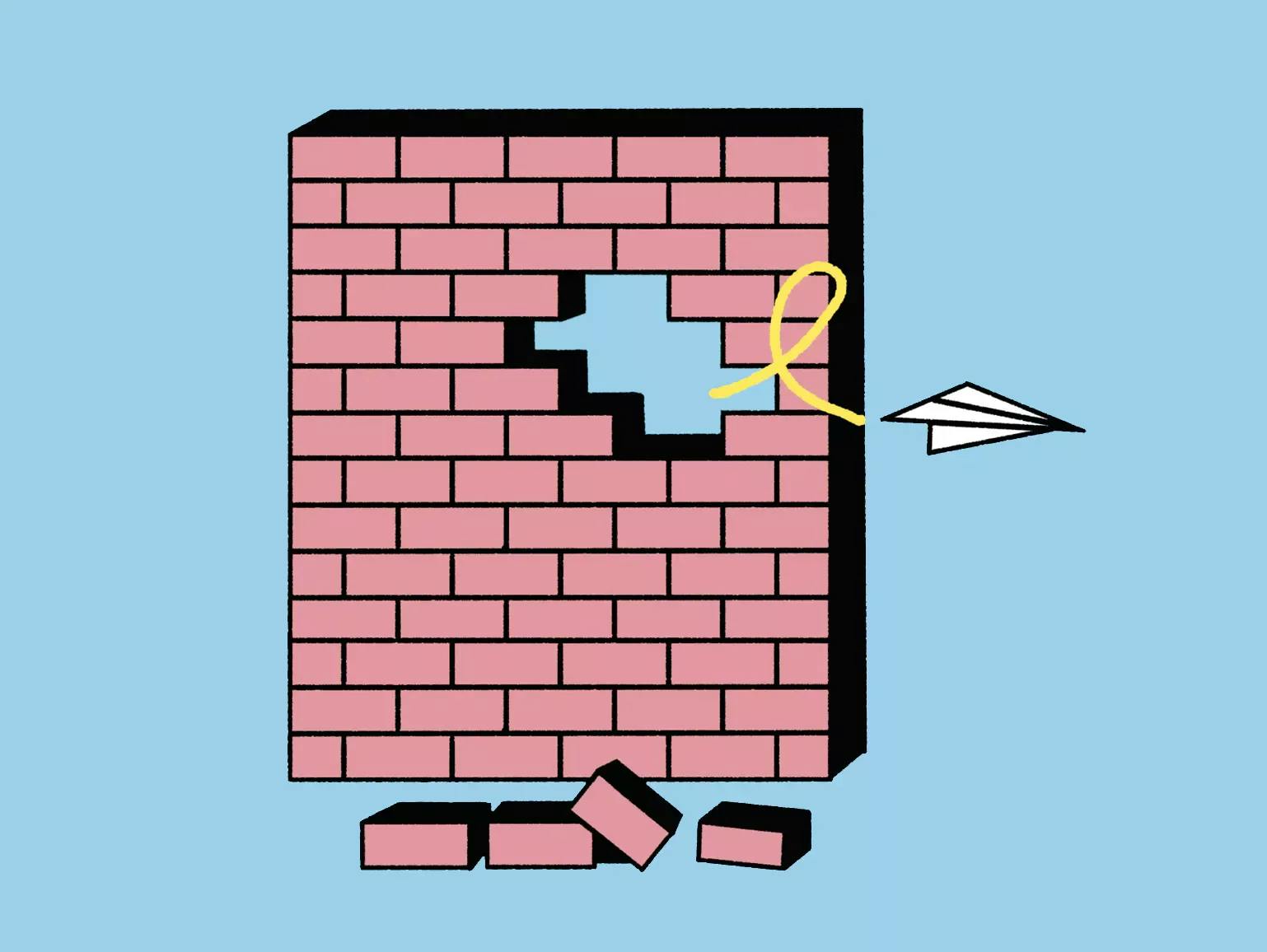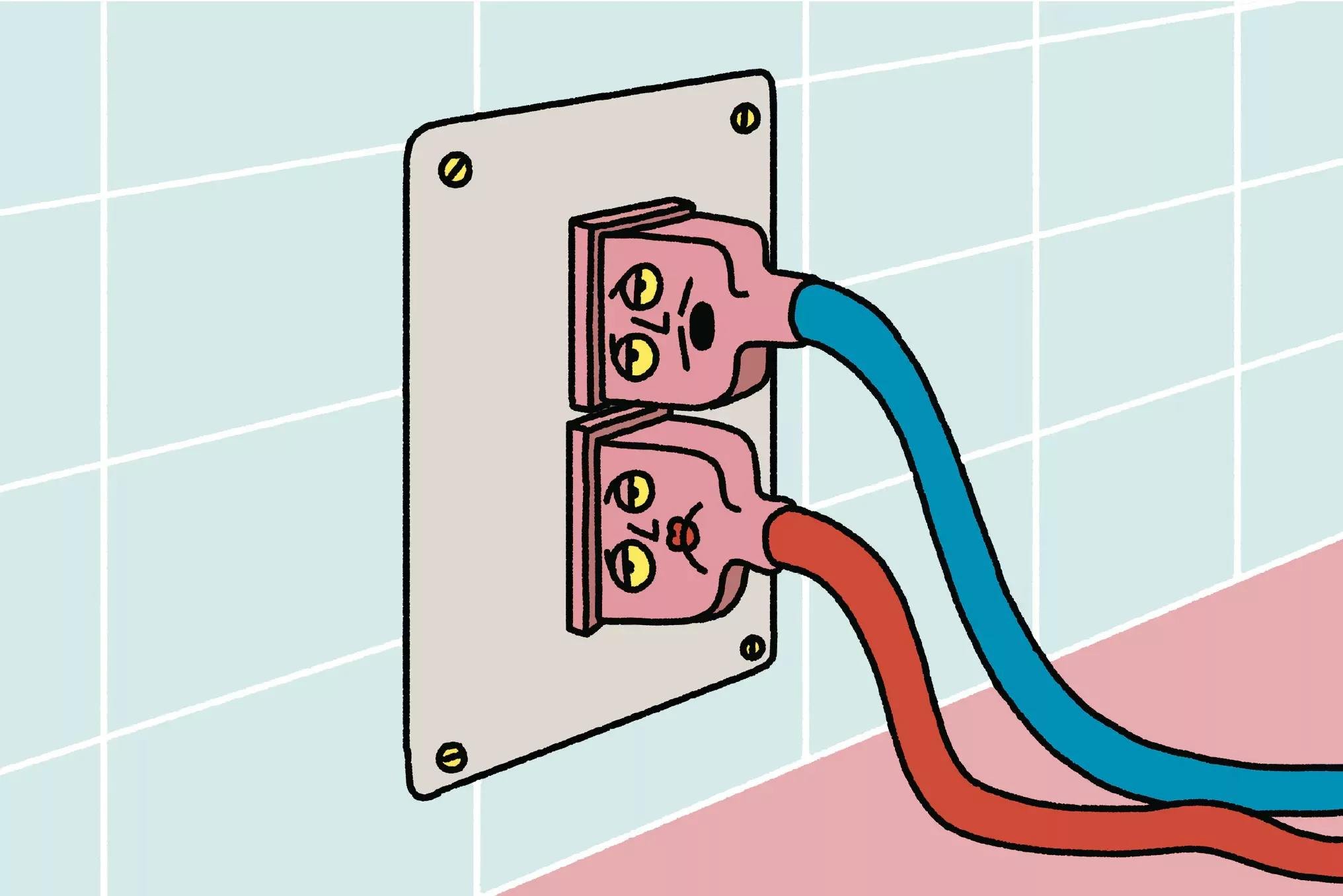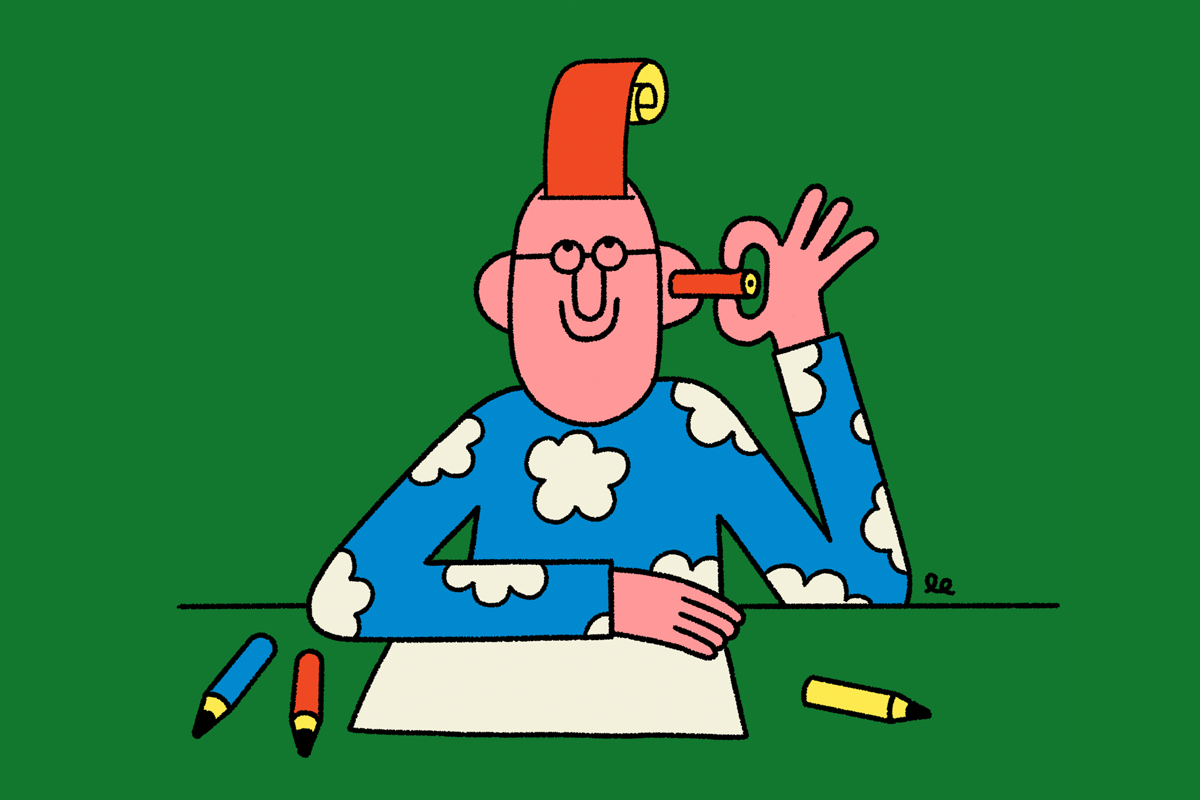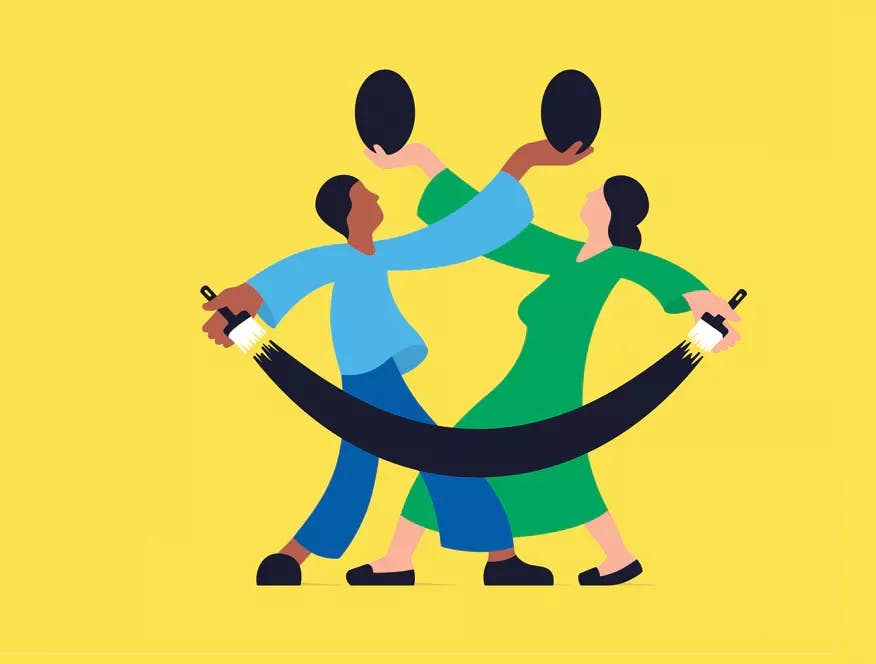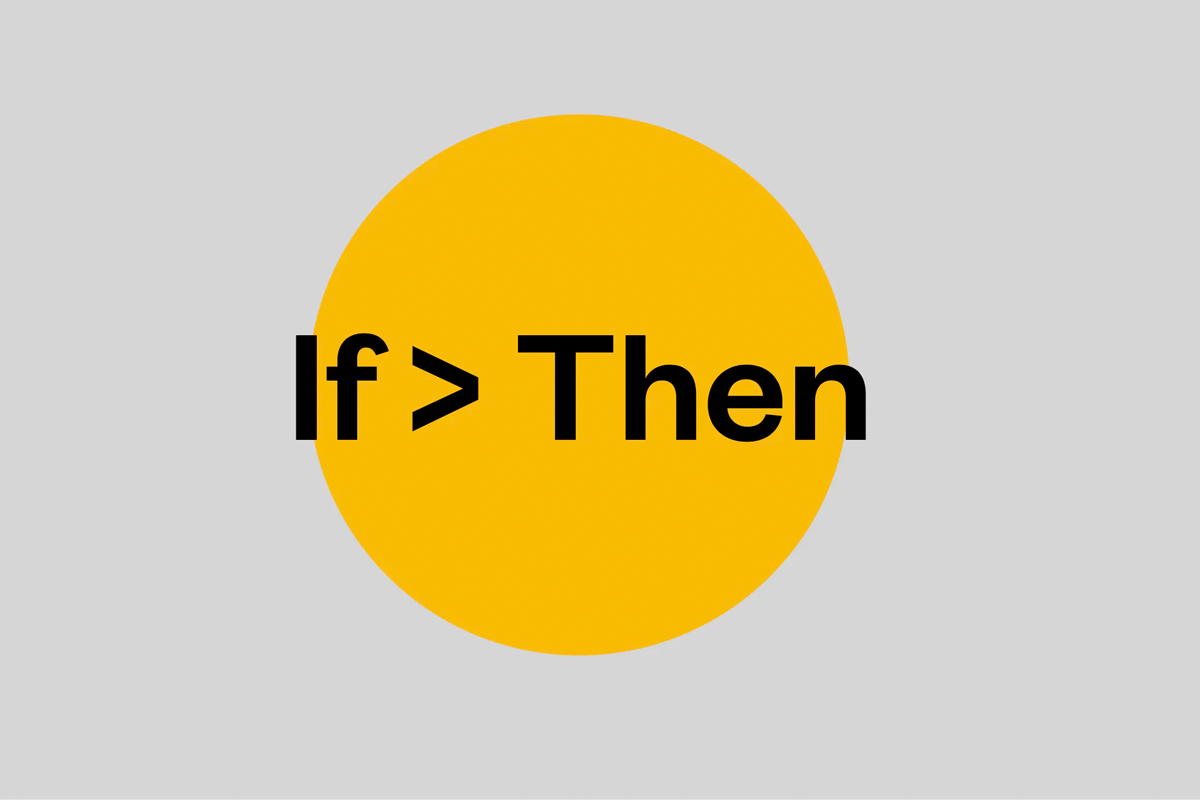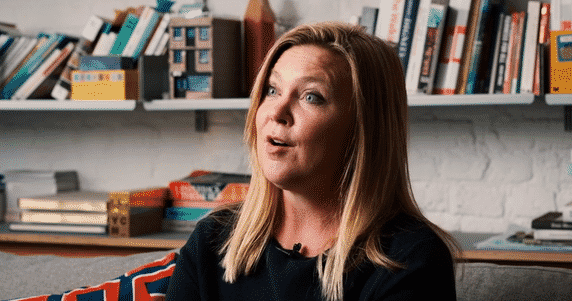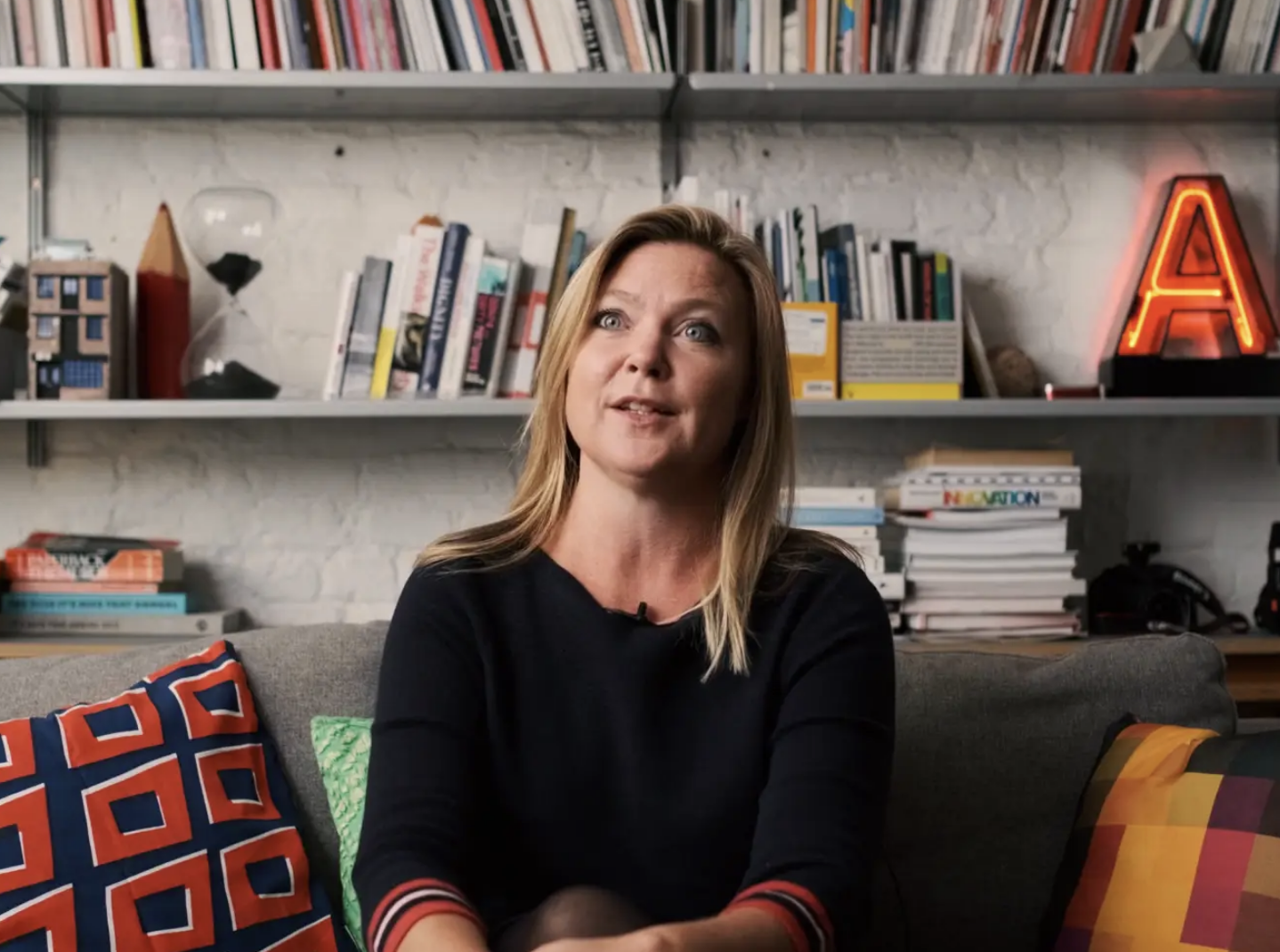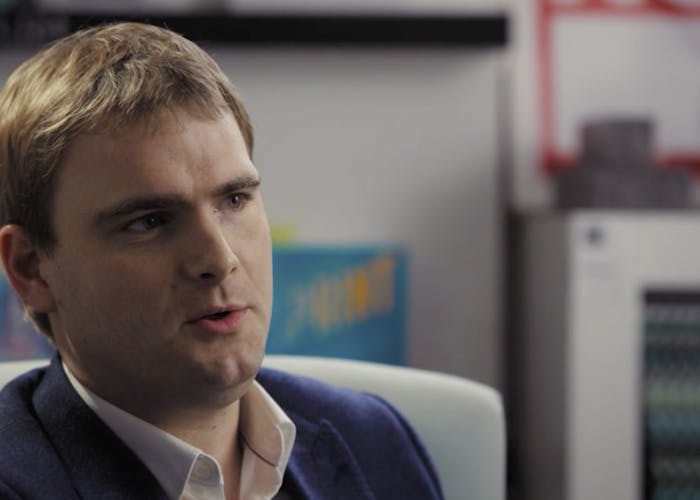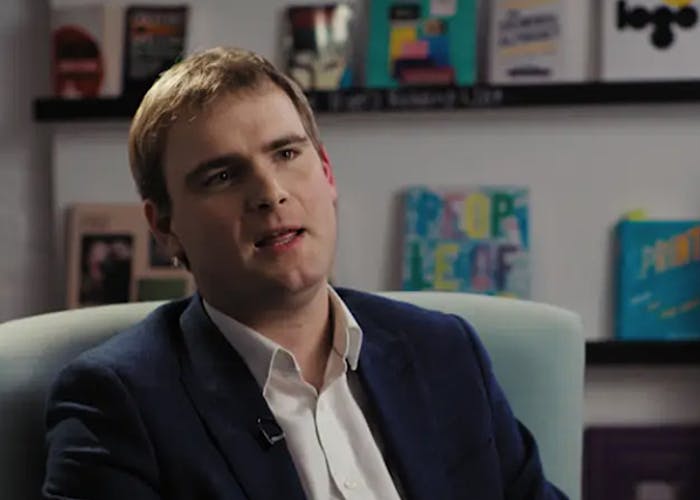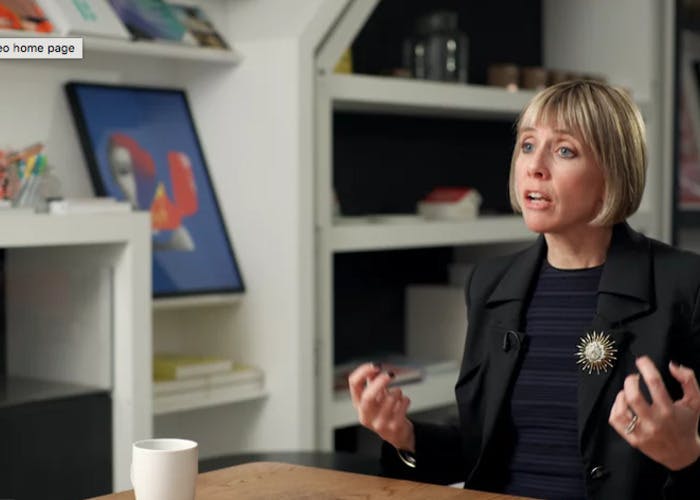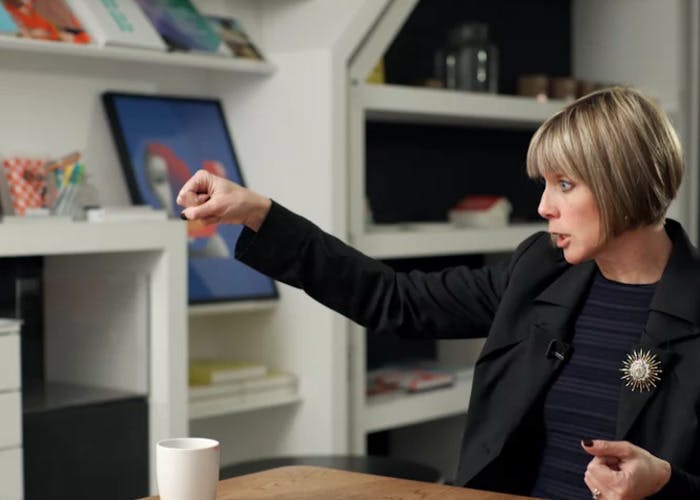Immediately build your confidence, with a 'Can-If' statement
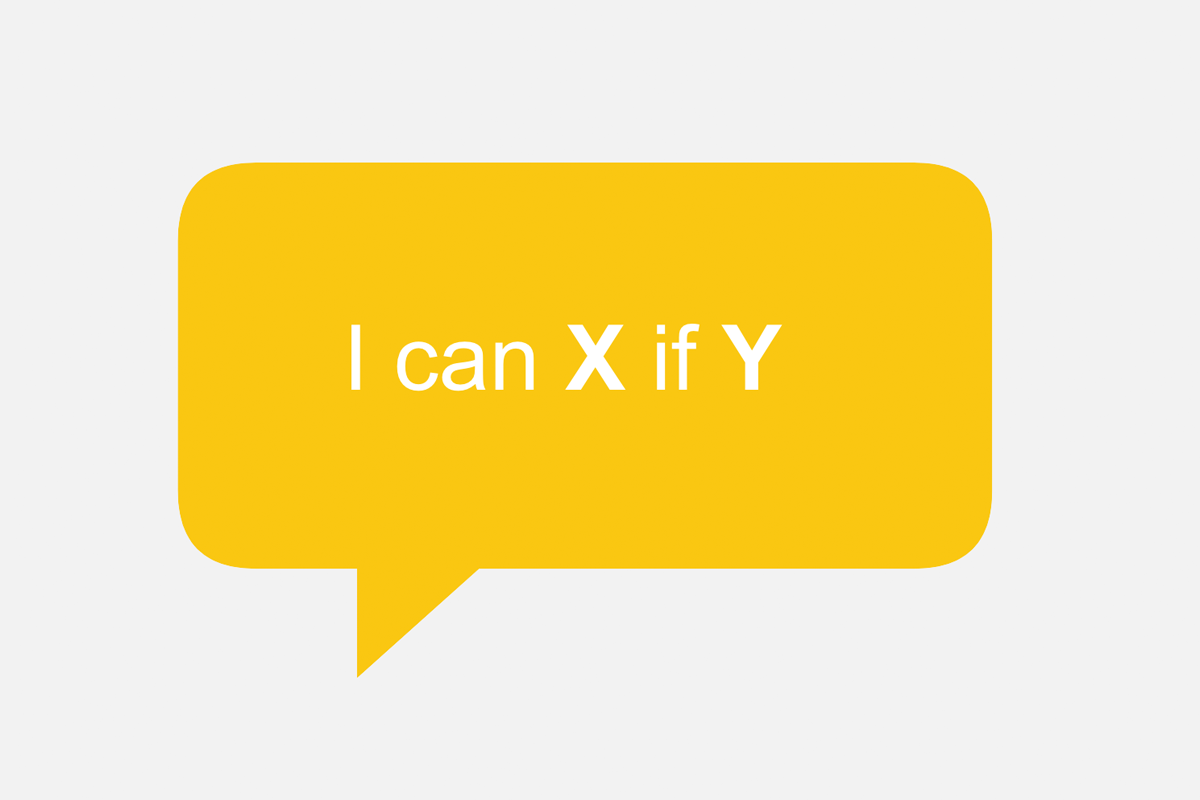
Welcome in the oxygen of optimism
‘Can-If,’ statements shift you into a positive, progressive and purposeful mode of thinking whenever you’re faced with an obstacle or find yourself frozen in a fixed mindset that's denting your confidence. They echo the guidance of brain experts like Ian Robertson, Ethan Kross and Gabrielle Oettingen around 'implementation intentions'. And they’re easy to experiment with too.
A simple structure for intentional thinking
Whenever you’re assessing a problem or looking for solutions to a challenge, ditch...
• “I can’t do that because…”
and reframe your thinking by beginning...
• “I can do that if…"
Doing so will help you to purposefully pull to mind positive approaches to challenges, and reveal actionable ways forward.
Some examples to get you going
The three examples below are taken from Sarah Ellis's personal career challenge outlined in the book You Coach You, alongside a couple shared from within our own partners' teams by those who've found the tool helpful.
For Sarah's personal example, imagine your limiting belief is "I can't progress into a more senior role here because...", and see how a Can-If statement helped her reframe that, and what the unexpected benefits of that reframing were.
... I design my own shadowing programme to learn from as many senior people inside and outside my business as possible (who might also become my sponsors.)
The unexpected benefit: by the time I'm promoted I'll have stronger relationships and a stronger support network in my new role.
... I think of this time as an opportunity to practice my leadership skills while in a job I feel confident about.
The unexpected benefit: by the time I'm promoted I'll be more more confident and effective — and perhaps less stressed — in my new role.
... I introduce the idea of 'stretch roles' which could include going to work for one of our customers or suppliers for a year.
The unexpected benefit: by the time I'm promoted I will have more authority and understanding in my new role.
Some more examples shared by people to have experimented with the tool...
Instead of 'I can't find time, because...."
I can find time if I take five minutes each morning and afternoon to do some mindful breathing to focus my attention and be more productive.
I can find time if I learn to say no to some of the tasks that come my way.
I can find time if I turn off phone notifications and get rid of all distractions.
------------------
Instead of "I can't lead a team, because...
I can lead a team if If I find a mentor internally who's been on a similar path.
I can lead a team if I spend some time getting to know each member of the team personally and understand their preferred way of receiving feedback.
I can lead the team if I create a culture of constant learning and development to fall back on. Perhaps a team book group would be a good start?
Can-If statements are powerful creators of confidence, because they lead us towards an 'implementing' mindset over a 'deliberative' one. They positively prime us towards action.
Like all new tools, they take a bit of practice, but can be applied in any context you can imagine.
Where can you start with a Can-If statement today?
Hungry for more?
In this episode of his excellent Eat Sleep Work Repeat podcast, Bruce Daisley talks to Helen and Sarah, authors of You Coach You, about their motivation for writing the book and many of the ideas in it.
